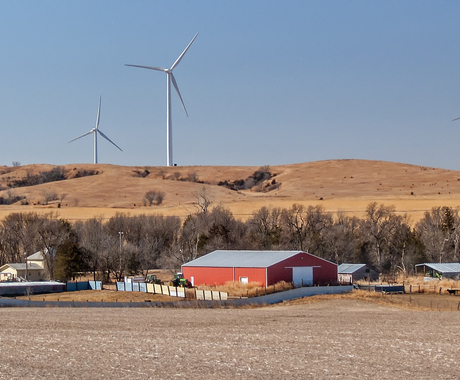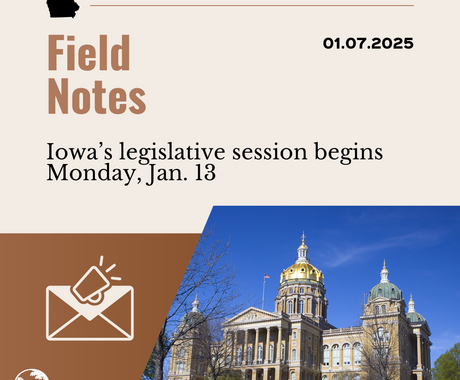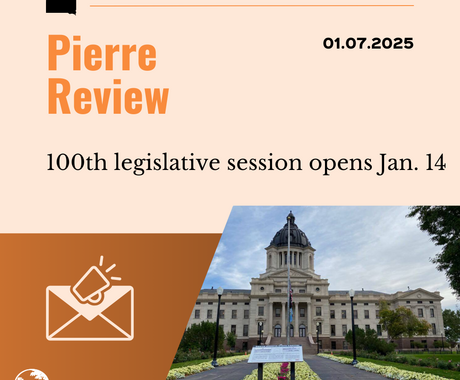By Marie Powell, former staff member
Today, Nov 19, is National Rural Health Day. The organizers describe this as, “an opportunity to celebrate the Power of Rural by honoring the selfless, community-minded, can do spirit that prevails in rural America.” It’s also a chance to relate the unique health care challenges we face as rural citizens.
We’re proud to have been an early leader in bringing those concerns to light. Jon Bailey, our former Policy and Research Program Director, wrote a series of reports that defined the landscape of rural health challenges. He was helped by Kim Preston, then a research associate who worked with Jon. And it makes a great Throwback Thursday - #tbt - opportunity for us!
I asked them both to reflect on that legacy. Their words are below.
Jon Bailey: When I started at the Center for Rural Affairs, no work was planned on rural health care. But it quickly became apparent this was something we should work on. Health care effects all rural people, but has significant consequences for the Center's core constituencies – farmers, ranchers, small business owners, and employees. There is nothing greater in the "social justice" realm than access to quality, affordable health care.
Our work on health care demonstrated the significant disparities and challenges in health care that rural people and rural places experience, and how public policy can and should address those disparities and challenges. Doing this work also placed the Center at the forefront of a national issue, and placed the Center among those working on solutions to rural health care needs. And it created a host of valuable partnerships the Center may not have had otherwise.
I'll be forever proud of the work the Center for Rural Affairs did on rural health care, and that the Center took up health care as one of its issue areas at a time when it rose to national prominence. I'm biased, but I will always feel this issue was one of the most important issues the Center has worked on or will ever work on.
It's such an important issue for every rural person in every rural place in the nation, literally life and death for many. The health care challenges facing rural America have not been resolved. But I think the Center's work has helped inform the public of those challenges and demonstrated how public policy and other work the Center does can contribute to helping resolve those challenges.
Rural America and its communities are wonderful places to live and raise a family, but we should not shy away from telling the truth about the areas where rural performs less well or is treated poorly. That is one of the things we tried to accomplish with our health care work.
Jon hired Kim Preston, who was a research assistant for many years. He foresaw that Kim would play a key role in the Center’s health care research. Kim explains her contributions this way:
Kim Preston: I started at the Center on September 7, 1999. During my interview, one of the things that most intrigued me was not only the work on school finance policy, but the idea of eventually working on improving access to healthcare for all.
At the time, I was a young mother and I had left a job in childcare. I was no stranger to the inside of a doctor's office. I witnessed other young mothers who couldn't afford the well baby checks and had the only option of visiting a health care provider when whatever illness had reached the breaking point and they had to see the doctor, whether they could afford it or not.
I also watched as my own extended family, in the farming industry, were forced to deal with extraordinarily high deductibles to just be able to afford some sort of health insurance, even if it could only be a benefit to them in face of a catastrophe. The Center’s foresight in taking up this challenge proved this to be a worthy organization to work for.





